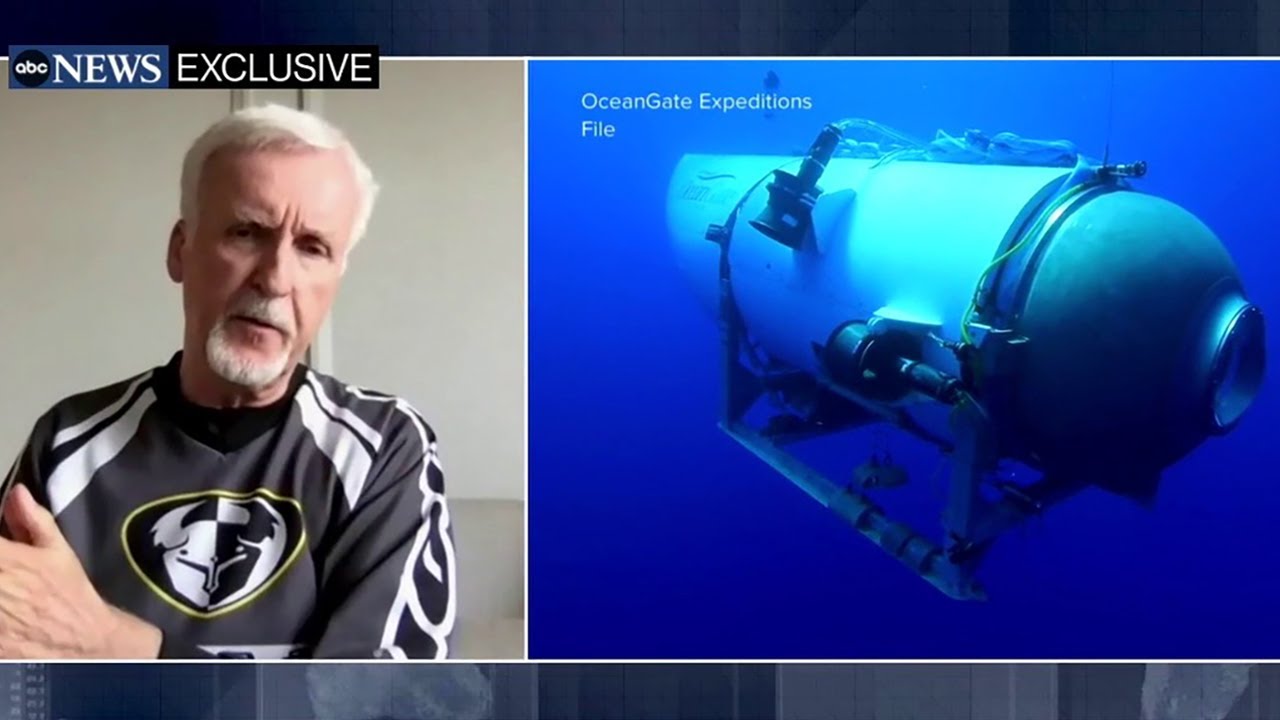Film director James Cameron has expertise in designing and testing these submersibles, and he has many criticisms of the design of the sub that imploded, and of the hubris of the CEO who ignored repeated safety warnings from the diving community. He also mentions that the sub seems to have been attempting to resurface when it imploded, suggesting that they were aware the hull was starting to fail.



While obviously he intellectually knew the requirements were different, and even managed to build something that survived a few trips, I almost wonder if there is a certain amount of mental inertia there, similar to the old saw, “when all you have is a hammer, everything looks like a nail.” In aircraft, and even spacecraft, you do so much more to save weight than would be necessary or appropriate for designing a submarine, and your pressure vessel will never need to handle more than 1 atmosphere. Again, I’m not suggesting that he was literally stupid and didn’t understand that at some level, but I haven’t heard from anyone who’s been around subs who thinks he was on the right developmental track.
If you read the Wikipedia entry on the Titan submersible, it mentions somewhere that the original designer only intended it as a one time use vehicle. That doesn’t inspire confidence.
That is freaking insane! So they knew this wasn’t meant for repeated dives and did it anyway……
So I went back to the Wiki entry and I made a mistake - There was a footnote about a submersible built by Richard Fossett called the DeepSea Challenger that was first to use the carbon polymer design, which is what the Titan’s design was based on. Anyways, Fossett died before he could use his personal sub, Virgin Oceanic bought it and got it tested (because Richard Branson wanted to use it), but that testing determined that it could only be used once, so they never bothered to use it after that. So I guess the main lesson that Rush learned from all this is to not get the carbon polymer sub tested because that’ll just confirm it shouldn’t be used more than once.
There’s also that old adage about experts being particularly vulnerable to believing they are smart and capable in other fields. It seems this is particularly prevalent among engineers.
I’ve also run across it frequently from doctors, who have that same impulse, plus they had to start specializing basically their sophomore year of college, and then they get cultural feedback that they are the best and brightest. They seem especially prone to stupid business ideas that, if they weren’t stupid, would let them go from extremely comfortable and locally influential, to being the powerful magnates that their intellect and service clearly entitles them to be.
Anecdotally, I’ve met almost two dozen people with high level engineering degrees who were about as sharp as a bowling ball when it came to literally everything besides their coursework. Each one of them with whom I shared my perspective that “critical thinking skills are all that matter for measuring intelligence, not the ability to memorize data; chimpanzees can do that better than we can anyway” reacted very negatively, which I’ve always thought was interesting.
I don’t want to imply that everyone with an advanced STEM degree is a dullard and a weiner, a drone who can only produce results if he memorizes reams of other peoples’ work. It’s just an overrepresentation peculiar to that kind of field, just like how the humanities have an eternal plague of arrogant dicks who got philosophy all figured out at age 14.
As someone who is good at memorization (although not as much post COVID) but has been historically poor at critical thinking, I agree. People kept telling me I was “smart” and that there was no way I could fail X or should fail X, but life experience and slow but steady analysis showed me that no, everyone (including my parents and teachers) were wrong. I was dumb as bricks, I’m just good at memorizing things.
I’m aware that my critical thinking skills aren’t great. I’m also aware that I had no business going to college (and failing of course) studying what I did (computer science) and that it’s actually very good and liberating to admit how fallible you are, and how bad you are at things, because it gives you the freedom and insight to know what you can do instead of what you can’t.
I’ve lived long enough to see stupid people succeed at what “smart” people fail at, just because they’re honest enough and humble enough to admit when they can’t do something, and also when they’re wrong. I saw that doing something right imperfectly (but effectively) is more useful than doing something wrong with perfect execution. It’s the difference between going forward at a walk, and going backwards with a rocket thruster.